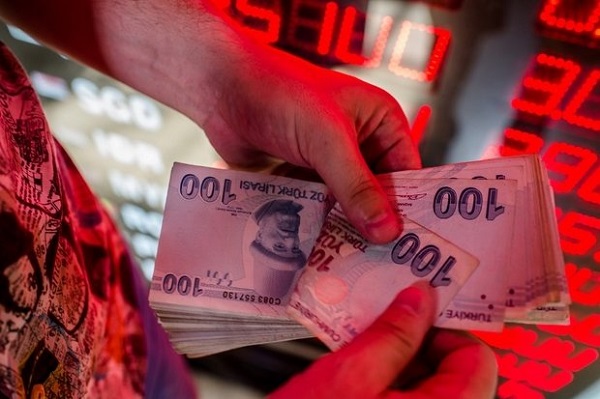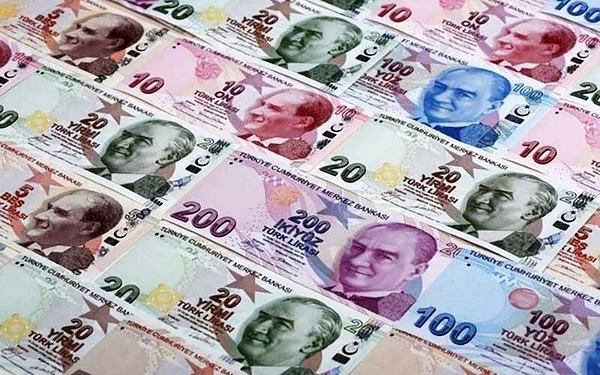The Turkish lira has fallen to its lowest level against the US Dollar following a cut in interest rates by the central bank. The lira, which has performed the worst among emerging market currencies this year, has lost two-thirds of its value in the past five years and, along with rising inflation, has reduced Turkish incomes by depreciating. The ouster of former central bankers by the president in recent years and months has been seen by observers as both a reason for political interference in the country’s various monetary and financial markets and a reason for the devaluation of the lira.

The main cost of investors in Turkey
Investors are shifting their assets in Turkey due to concerns about the central bank’s ability to control inflation, and ordinary citizens are rushing to convert their savings into foreign currencies and gold. Meanwhile, Erdogan and his group claim that their policy will boost Turkey’s exports and economic growth by making the currency competitive. Investors are worried about the recent facility, under which the central bank has cut interest rates by 400 points since September. Despite widespread criticism of the policy by economists, Erdogan has repeatedly advocated lower interest rates because he has proposed a new economic plan prioritizing economic growth, production and exports for the Turkish economy. He said after a cabinet meeting this week that financial market fluctuations would eventually stop.
And another possible reduction in interest rates in December will increase the risks of rising inflation. The meeting to determine the interest rate of the Central Bank will be held on December 17; Moody’s also said that the weakness of the national currency has strengthened the dollarization of the economy. The latest Central Bank poll shows that economic growth was 9.9 percent this year and 4.1 percent next year.

To what extent does the depreciation of the lira affect the Iranian economy?
Now the question is, what effect does the reduction of the Lear secret have on our country’s economy? Seyyed Morteza Afgheh, an economist and university professor, said in this regard: “By reducing the value of each country’s currency, provided there is elasticity in production, the ground will be provided for cheaper exports and more expensive imports for that country.” “In other words, in the current situation, and assuming the stability of other conditions, in case of trade relations with our country, Turkey has more grounds to export its goods to our country.” “In such circumstances, most Iranian applicants will be buyers of Turkish goods and services,” he said.
Imports of Turkish goods are now much cheaper than before, so it seems that if sanctions are lifted and other conditions remain stable, Turkish exports to our country will increase significantly, and on the other hand, our tourism to Turkey, which until “Now that it is easy to access because it does not require a visa, it will increase significantly on the eve of the holidays.” It will be in Turkey’s favor because imports will become more expensive for them and their exports will become cheaper. On the other hand, this will increase our country’s imports from Turkey, and this will not be in our favor because it will make our production wheel slower. . »
